Kubernetes Craze: 8 Hot Offerings Now On The Market
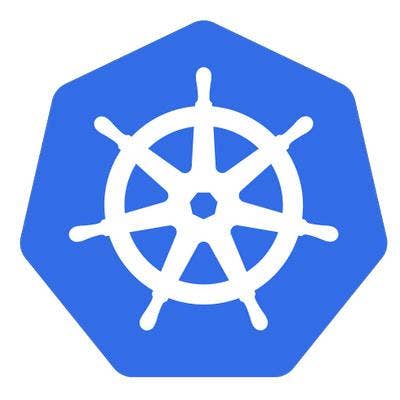
The Latest Batch Of Kubernetes Offerings
Kubernetes is now something close to a standard technology at the orchestration layer of the container stack.
As the open source software invented by Google, and developed under the auspices of the Cloud Native Computing Foundation, part of the Linux Foundation, proliferates across the enterprise, nearly every major cloud and on-premises infrastructure vendor is looking to deliver a differentiated offering that will win share in a market that's ready to explode.
Despite its popularity and rapid adoption, Kubernetes still poses a technical challenge to many potential customers. Because of that, both name-brand tech giants and innovative startups are racing to bring to market platforms that simplify deployment and management of Kubernetes clusters at production scale.
The following are some of those offerings released in recent months.
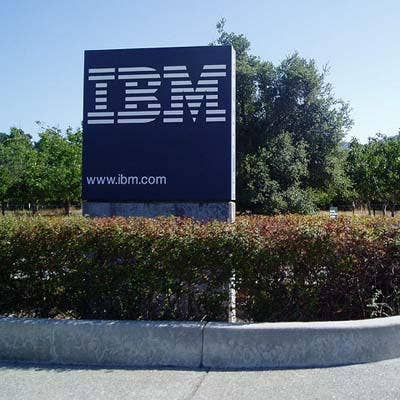
IBM Cloud Kubernetes Service
In March, IBM introduced an option to provision Kubernetes clusters onto bare-metal cloud servers—a capability Big Blue hopes will drive development of artificial intelligence applications.
Bare metal, as opposed to virtualized multi-tenant environments, is for many enterprise use cases a superior environment for running data-intensive apps, including those that implement machine learning at scale, said Jason McGee, vice president and IBM fellow, in an IBM blog.
"The secret to running well-tuned AI lies in containers," McGee said.
Last week, IBM introduced support for multi-zone clusters in its IBM Cloud Kubernetes Service, enabling deployment and management of containerized apps spanning multiple availability zones as a single operation.
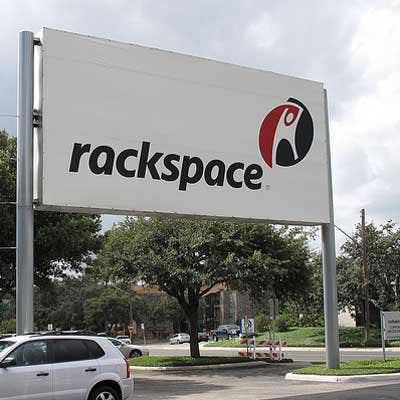
Rackspace Kubernetes-as-a-Service
Rackspace introduced a managed Kubernetes service in May designed to span on-premises and public clouds.
Rackspace Kubernetes-as-a-Service looks to differentiate itself in a crowded market by being agnostic to platform and offering high-level operational support.
The San Antonio-based managed cloud services provider is focusing on day two operations to help customers leverage the technology that's changing the IT infrastructure landscape. Rackspace provides customers with the container orchestration platform, then delivers managed services to continually optimize and harden their operations.
Scott Crenshaw, Rackspace executive vice president and general manager of private cloud, said Kubernetes clusters are easy to implement for test and dev environments, but hard to run in production because of all the components that need updating, optimizing and securing.
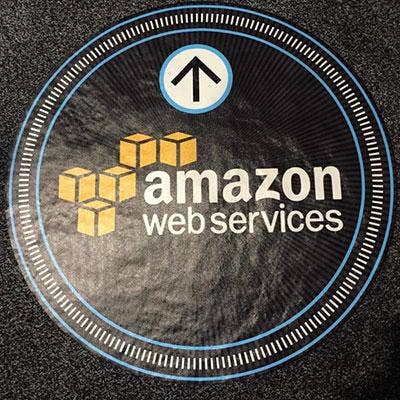
Amazon EKS
Amazon's managed Kubernetes service became generally available in June for running production workloads.
Amazon Elastic Container Service for Kubernetes (EKS) was first introduced in preview at the AWS re:Invent conference last November, and has been gaining steam with partners and customers ahead of the wider launch.
Even before its managed service became available, the majority of Kubernetes deployments spanned AWS infrastructure. Amazon expects wider adoption now that it offers a managed service that simplifies deployment and takes advantage of native AWS services and features.
EKS offers a Kubernetes control plane that runs across three AWS Availability Zones, automatic patching and updating of master nodes, identity authentication with Heptio Authenticator, load balancing, and auto scaling.
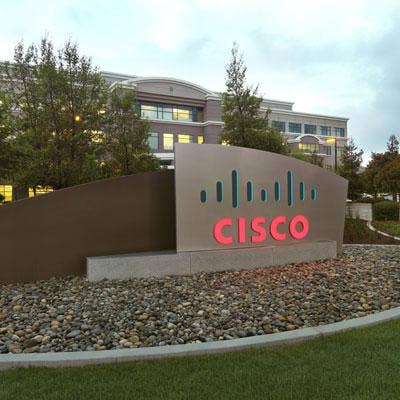
Cisco CloudCenter And AppDynamics
Acknowledging Kubernetes as the de facto standard for container orchestration, Cisco Systems in May brought Kubernetes support to the latest iterations of its CloudCenter and AppDynamics products.
The networking leader said the cohesive offering aims to make enterprise customers more confident in adopting containers by enabling them to easily deploy, monitor and optimize containerized applications running in both private and public clouds.
CloudCenter is the result of Cisco's 2016 acquisition of Cliqr. Cisco acquired AppDynamics in 2017.
Cisco leaders said they see a large opportunity for solution providers to cash in on services as container adoption accelerates.
Docker Enterprise Edition
The container pioneer embraced Kubernetes last year, for the first time enabling its Docker Enterprise Edition platform to run clusters side-by-side with its native Docker Swarm orchestrator.
At the DockerCon conference last week, Docker introduced upgrades to its Kubernetes capabilities, including a federated control plane enabling centralized management of clusters spun up by rival cloud services, and one-click container migration between them.
Federated Application Management unifies Kubernetes operations across private Docker-managed deployments and three of the most-prominent hosted Kubernetes services—Microsoft AKS, Amazon EKS, and Google GKE.
The release coming later this year will also allow Docker customers to deploy Kubernetes clusters that incorporate both Linux and Windows containers. Docker sees that capability as an important differentiator in the ultra-competitive container management market.

Microsoft AKS
Microsoft last week made generally available its Azure Kubernetes Services (AKS) after more than a year of investing in the technology and recruiting some of the industry's top talent.
Coinciding with the general launch of the managed service for the Azure cloud, Microsoft added five new AKS regions in Australia, Europe and the Western United States; expanding availability to ten Azure regions overall, with ten more coming online within months,
Brendan Burns, a Microsoft Distinguished Engineer, said in a blog post that Microsoft's Kubernetes efforts will be boosted by the recent acquisition of GitHub, a hosted open source code repository "where Kubernetes was born."
In the last year, Microsoft has seen rapid acceleration of Kubernetes deployments on Azure, "with five times the number of customers and ten times the usage," Burns said.
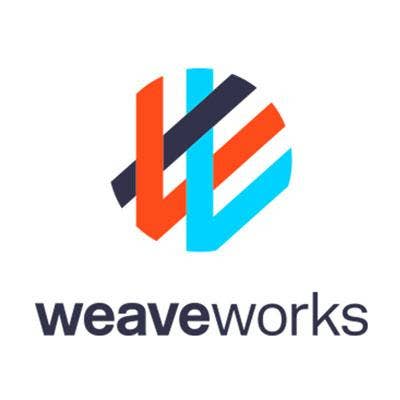
Weaveworks GitOps
The U.K.-based startup launched a unique Kubernetes service in April for enterprise customers looking to deploy Kubernetes and Cloud Native Computing Foundation technologies in production—both on-premises and in public clouds.
Enterprise GitOps Services is a support subscription and consulting service that combined with Weave Cloud, the company's management platform, provides a comprehensive path to building and operating Kubernetes applications and infrastructure.
The service makes the best practices of Weaveworks' global team of Site Reliability Engineers, known as "GitOps", available to enterprises looking to implement a methodology for automating, accelerating and auditing their Kubernetes operations.
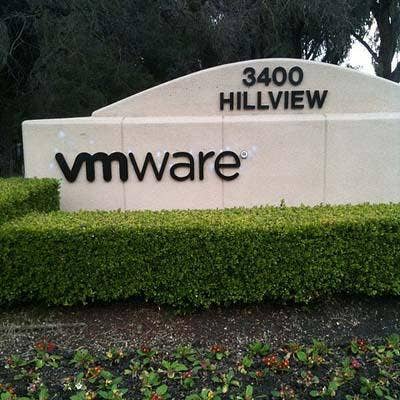
VMware Kubernetes Engine
The virtualization leader dove deeper into containers Tuesday with the introduction of a Kubernetes-as-a-Service offering to its cloud portfolio.
VMware Kubernetes Engine, released in public beta, will be part of the VMware Cloud Services group of SaaS products that share authentication, billing and support.
The Kubernetes engine looks to provide an easy to deploy, secure and cost-effect platform for leveraging Kubernetes for application development and IT operations. The launch initial version runs on Amazon Web Services, with support for Microsoft Azure coming later.
The service offers an abstraction called VMware Smart Cluster that's a collection of policies capturing the desired state of the Kubernetes cluster, then continuously evaluating security and health, and remediating deviant behavior.
The service can integrate with VMware PKS, a self-managed Kubernetes offering.